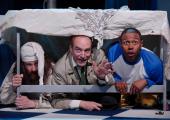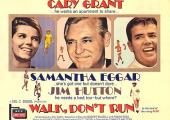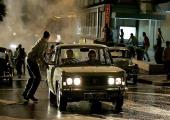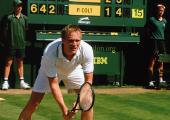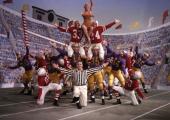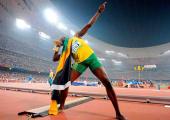theartsdesk Olympics: Athletes at the opera
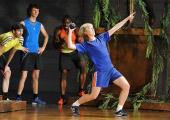
The Olympic Games are responsible for the most popular operatic libretto of all time
Triumph, despair, glory and struggle: the Olympic Games might technically be a sporting event, but in spirit and essence they are pure drama. Film-makers may have shouted loudest about this discovery, generating hit after Olympic-themed hit throughout the 20th century, but composers also know a thing or two about sporting thrills, with almost 300 years of Olympic action in the opera house.

